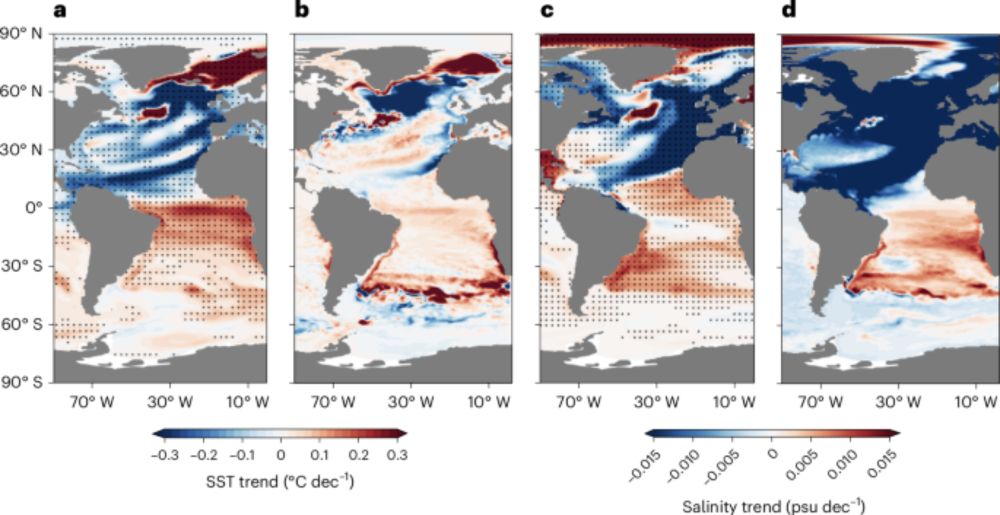So excited for your defense @breckmccollum.bsky.social ! Can’t wait to see all the awesome work you’ve done :)
03.10.2025 21:09 — 👍 3 🔁 0 💬 0 📌 0
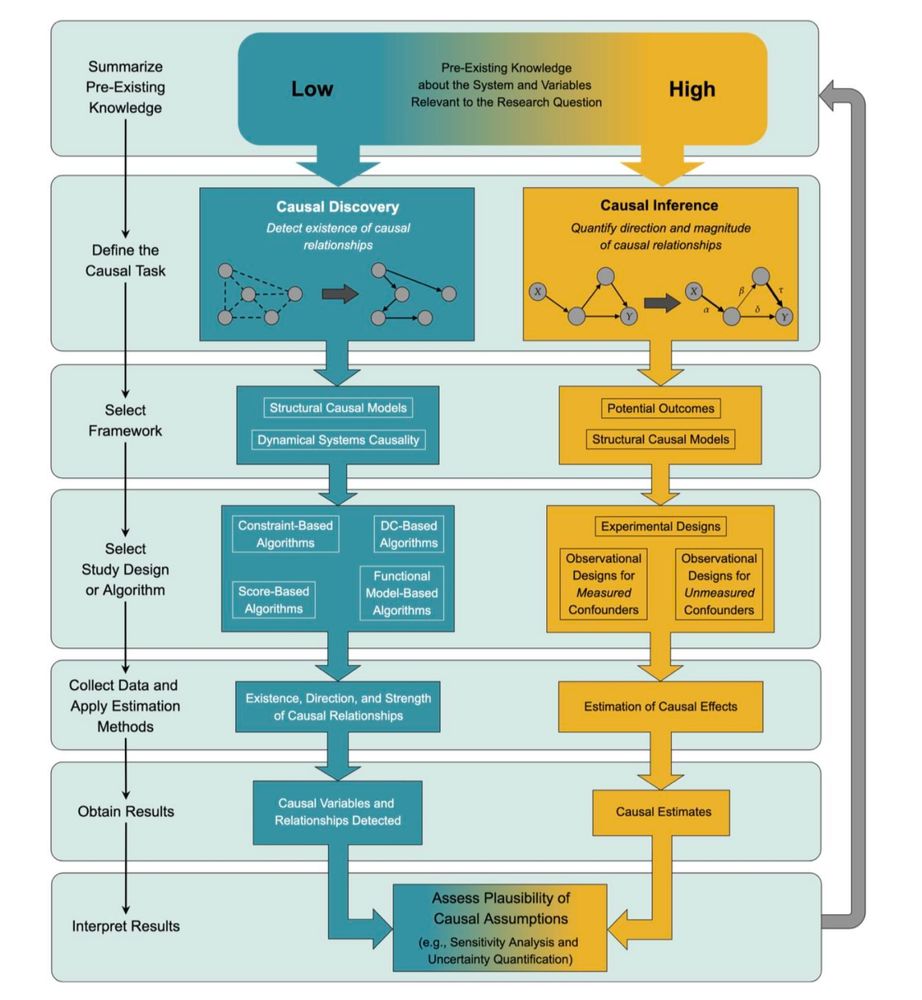
A preprint of our paper on #CausalInference in #Ecology - Best practices for moving from correlation to causation in ecological research - led by Hannah Correia is now up as a preprint ecoevorxiv.org/repository/v... 🧪🌍
This came from a GREAT workshop last year, and gives a solid framework and howto
09.06.2025 14:27 — 👍 63 🔁 27 💬 0 📌 3

Just incredibly proud of Taylor Kielczewski's honors poster on determinants of #kelp distributions in Long Island Sound from working with @lexiwilkes.bsky.social. Fantastic work!!!
28.05.2025 14:16 — 👍 7 🔁 1 💬 0 📌 0
Call for Expert Input: Consultation on Biology and Ecosystems Essential Ocean Variables (EOVs) – Global Ocean Observing System
After a lot of hard work, the Global Ocean Observing System #GOOS Bio-Eco panel has released their Essential Ocean Variable spec sheets for expert review. If you're doing work with anything biological in the ocean, take a look at goosocean.org/news/call-fo... and give us your expert opinion! #IOOS
08.05.2025 14:23 — 👍 10 🔁 6 💬 1 📌 1

Rapid Response Bridge Funding Program
In the face of recent abrupt shifts in federal funding for education research, including large-scale terminations of National Science Foundation (NSF) research grant awards, we have developed a rap...
FYI: The Spencer Foundation, Kapor Foundation, The William T. Grant Foundation, and the Alfred P. Sloan Foundation have collaborated to offer $25K rapid response grants.
"This rapid response bridge funding opportunity is for scholars and teams whose grants have recently been cancelled by NSF."
02.05.2025 21:16 — 👍 764 🔁 553 💬 6 📌 23
URGENT ACTION FOR NSF GRANTEES.
For current & recent (since 2020) awards, archive your award history this afternoon/tonight. Screenshot/download/print your work in research.gov & alert your partners.
We have credible threats to integrity of awards tracking systems (via @jeremymberg.bsky.social)
24.04.2025 22:44 — 👍 319 🔁 328 💬 2 📌 11
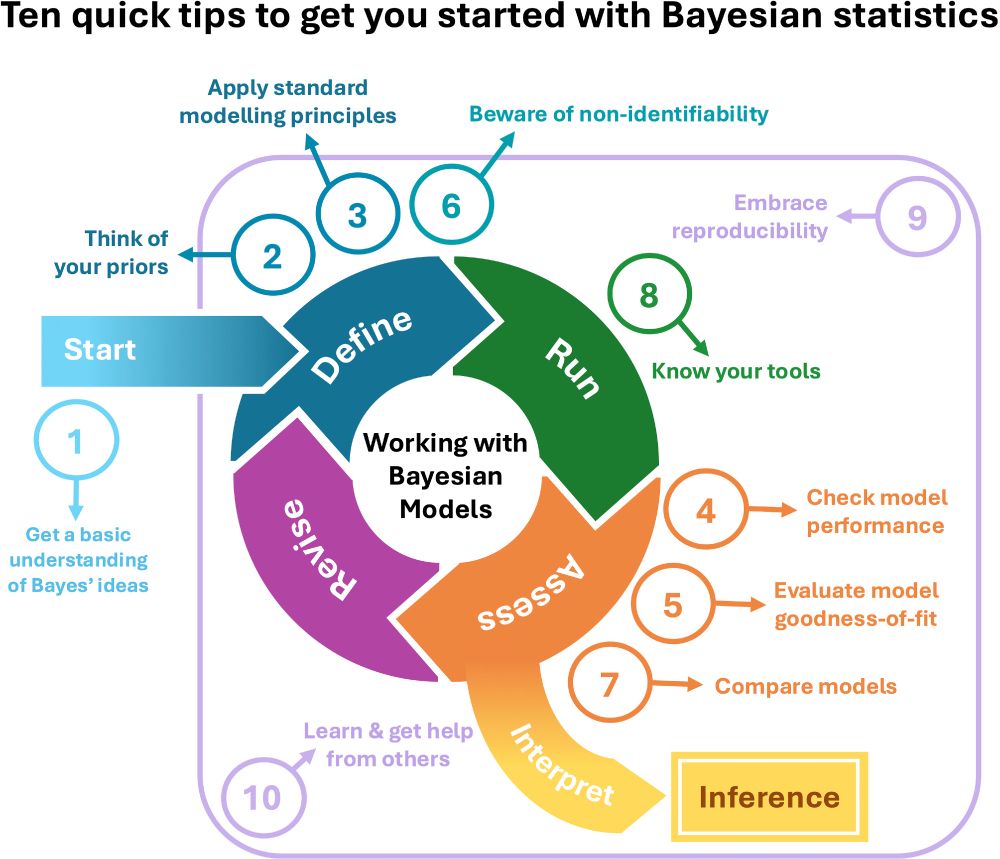
Graphical summary of 10 quick tips to get started with Bayesian statistics and how they fit into a larger view of an analytical workflow with Bayesian models.
🚨🎉 New paper "Ten quick tips to get you started with Bayesian statistics", hope you'll like it 😇🤗
✍🏽 w/ Andy Royle, Marc Kéry and Chloé Nater
🔗 dx.plos.org/10.1371/jour...
@plos.org @cnrsecologie.bsky.social @cnrsoccitanieest.bsky.social @umontpellier.bsky.social
11.04.2025 04:23 — 👍 163 🔁 70 💬 3 📌 3
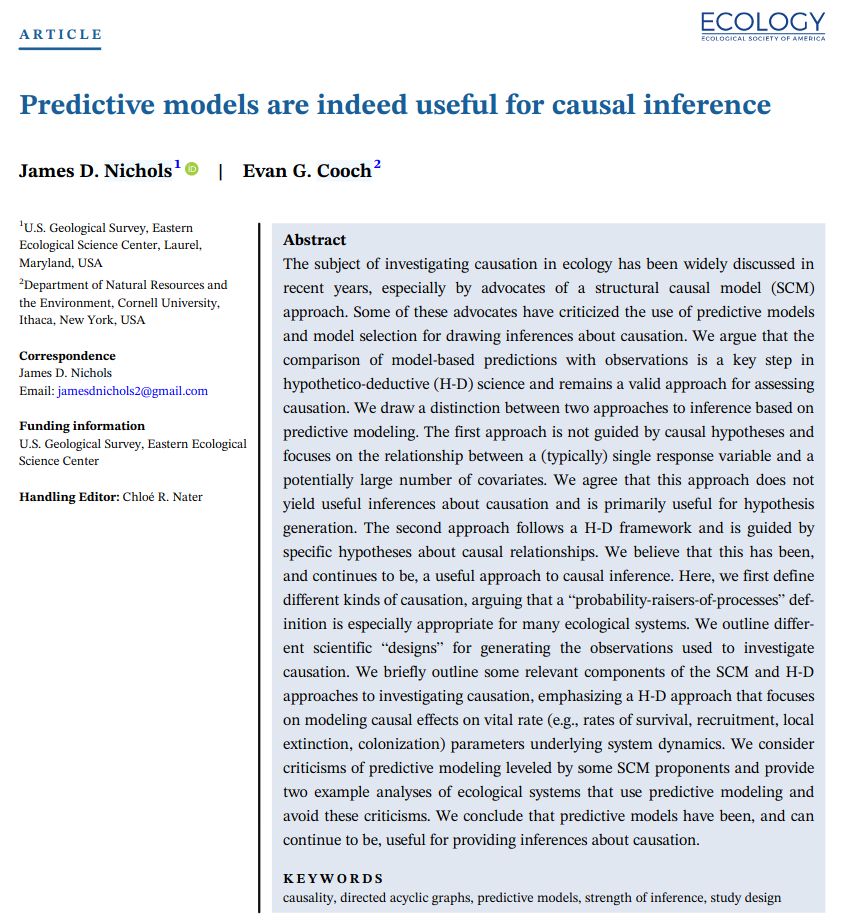
The subject of investigating causation in ecology has been widely discussed in recent years, especially by advocates of a structural causal model (SCM) approach. Some of these advocates have criticized the use of predictive models and model selection for drawing inferences about causation. We argue that the comparison of model-based predictions with observations is a key step in hypothetico-deductive (H-D) science and remains a valid approach for assessing causation. We draw a distinction between two approaches to inference based on predictive modeling. The first approach is not guided by causal hypotheses and focuses on the relationship between a (typically) single response variable and a potentially large number of covariates. We agree that this approach does not yield useful inferences about causation and is primarily useful for hypothesis generation. The second approach follows a H-D framework and is guided by specific hypotheses about causal relationships. We believe that this has been, and continues to be, a useful approach to causal inference. Here, we first define different kinds of causation, arguing that a “probability-raisers-of-processes” definition is especially appropriate for many ecological systems. We outline different scientific “designs” for generating the observations used to investigate causation. We briefly outline some relevant components of the SCM and H-D approaches to investigating causation, emphasizing a H-D approach that focuses on modeling causal effects on vital rate (e.g., rates of survival, recruitment, local extinction, colonization) parameters underlying system dynamics. We consider criticisms of predictive modeling leveled by some SCM proponents and provide two example analyses of ecological systems that use predictive modeling and avoid these criticisms. We conclude that predictive models have been, and can continue to be, useful for providing inferences about causation.
New #statistics #ecopubs @esajournals.bsky.social:
Predictive models are indeed useful for causal inference doi.org/10.1002/ecy....
Sounds like a response to 'Predictive models aren't for causal inference' doi.org/10.1111/ele....
13.03.2025 14:12 — 👍 26 🔁 10 💬 1 📌 1

Graphic of kelp genetics.
![Giant kelp. In particular, kelp forests are declining in many parts of the northeast Pacific, practically right off my doorstep where we live close to Puget Sound [Salish Sea]. "Bemmels et al. sequenced the genomes of 429 bull kelp (Nereocystis luetkeana) and 211 giant kelp (Macrocystis sp.) from the coastlines of British Columbia and Washington." They found 'low effective population size was associated with low genetic diversity and high inbreeding coefficients (including increased selfing rates), with extreme variation in these genetic health indices among bull kelp populations but more moderate variation in giant kelp.' They found fewer deleterious variants than predicted, but suspect their loss was more likely due to genetic drift rather than purging. "The researchers predict (1) reduced within-population inbreeding depression in small populations, which may be associated with an observed shift toward increased selfing rate, and (2) hybrid vigor in crosses between small populations." These findings inform several possible strategies for optimal sourcing and crossing of populations for restoration + aquaculture. Kelp have keystone ecosystem functions, but also represent a potential source of both biofuel + agricultural amendments.](https://cdn.bsky.app/img/feed_thumbnail/plain/did:plc:nnq2reoe4aaiyhhtsofqmdrz/bafkreift22uv6kwx357gnfrilfy3m3m24a4wjs4lake4kqj6mys5ow4zm4@jpeg)
Giant kelp. In particular, kelp forests are declining in many parts of the northeast Pacific, practically right off my doorstep where we live close to Puget Sound [Salish Sea]. "Bemmels et al. sequenced the genomes of 429 bull kelp (Nereocystis luetkeana) and 211 giant kelp (Macrocystis sp.) from the coastlines of British Columbia and Washington." They found 'low effective population size was associated with low genetic diversity and high inbreeding coefficients (including increased selfing rates), with extreme variation in these genetic health indices among bull kelp populations but more moderate variation in giant kelp.' They found fewer deleterious variants than predicted, but suspect their loss was more likely due to genetic drift rather than purging. "The researchers predict (1) reduced within-population inbreeding depression in small populations, which may be associated with an observed shift toward increased selfing rate, and (2) hybrid vigor in crosses between small populations." These findings inform several possible strategies for optimal sourcing and crossing of populations for restoration + aquaculture. Kelp have keystone ecosystem functions, but also represent a potential source of both biofuel + agricultural amendments.
Curr. Biol. (2025) 10.1016/j.cub.2024.12.025 Kelp forests are integral + critical to aquatic ecosystems, but species such as giant kelp + bull kelp have experienced population bottlenecks in recent decades.
01.03.2025 13:47 — 👍 9 🔁 9 💬 0 📌 0
 28.02.2025 19:14 — 👍 18488 🔁 4405 💬 189 📌 111
28.02.2025 19:14 — 👍 18488 🔁 4405 💬 189 📌 111
obsessed
27.02.2025 21:54 — 👍 0 🔁 0 💬 0 📌 0
📣 JOB ALERT📣
The Silbiger Lab is hiring a full time research tech @ University of Hawai’i at Mānoa to support research on intertidal ecology in Hawai’i & coral reef/coastal oceanography in Okinawa, Japan. RCUH ID: 225085 application link below. 1 year to start, but have several years of funding.
11.02.2025 20:40 — 👍 23 🔁 23 💬 1 📌 1
Happy International Day of Women and Girls in Science!
Cheer your #WomeninScience on today. They need it!
11.02.2025 13:10 — 👍 3 🔁 2 💬 0 📌 0

STAND UP FOR SCIENCE 2025
Join us in Washington, DC or your state capitol on March 7th, 2025 to stand up for science!
Website is still under construction but worth it to keep checking for those interested in science advocacy and how to join local teams👇🏽
#standupforscience2025 #sciencenotsilence #scienceforall
11.02.2025 13:12 — 👍 19 🔁 7 💬 0 📌 1
A show of support to the scientists and staff at NOAA. This is among the best collection of scientists in the world who provide an invaluable public service via data and forecasting. Their work proves essential for daily operations of the military to commerce to the rest of the private sector.
05.02.2025 13:44 — 👍 482 🔁 119 💬 5 📌 6
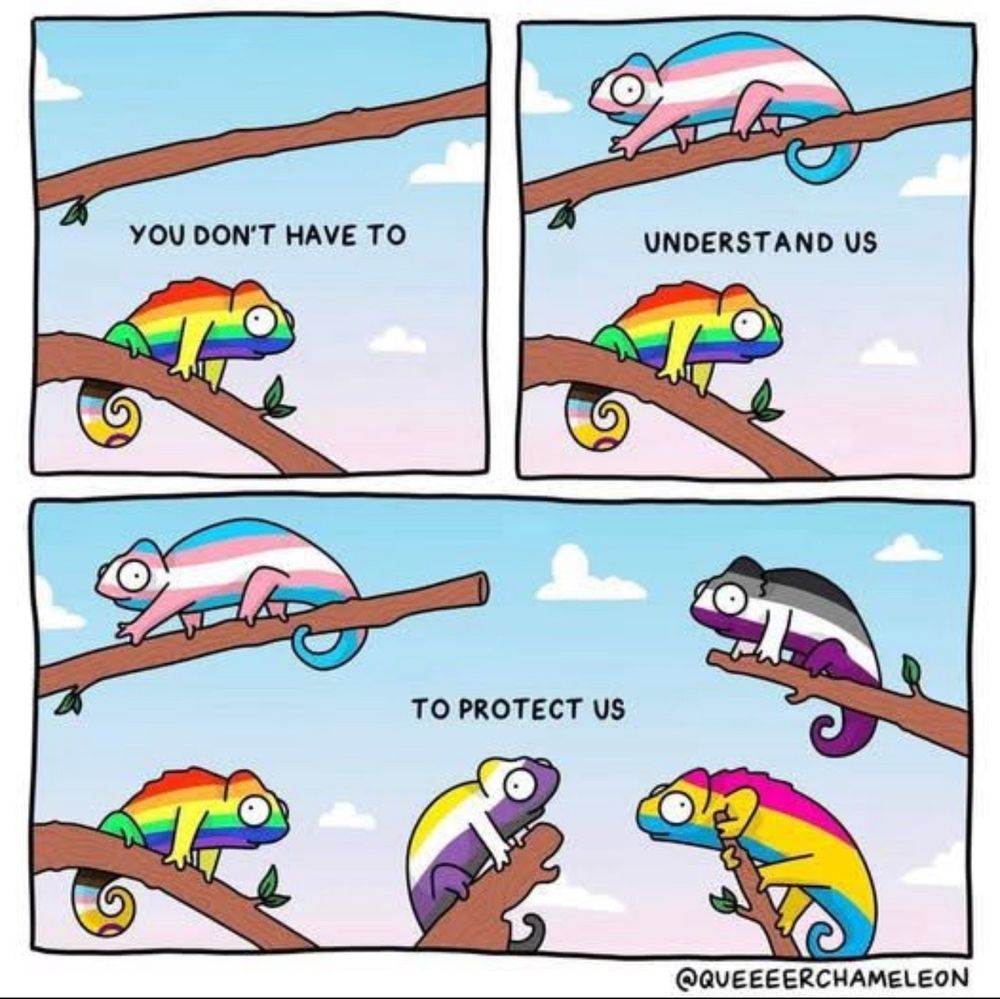 31.01.2025 20:48 — 👍 29822 🔁 4835 💬 212 📌 122
31.01.2025 20:48 — 👍 29822 🔁 4835 💬 212 📌 122

Map of Northern Europe showing how temperatures would change after eventual AMOC collapse. Cities like London, Reykjavik or Bergen would chill drastically, by almost 15C for some.
What would happen if key ocean currents that bring warm water from the tropics to the North Atlantic collapse?
Temperatures in northern Europe would drop drastically, studies suggest.
Our full story on the risks of AMOC collapse:
www.bbc.com/news/article...
01.02.2025 10:08 — 👍 120 🔁 44 💬 9 📌 6
A really beautiful and inspiring thread for anyone who needs a reminder that despite everything going on focusing on joy is so crucial. I know I needed the reminder. Thank you for sharing @mishellbaker.bsky.social💛
21.01.2025 14:12 — 👍 3 🔁 0 💬 0 📌 0
Very excited this paper is now out in Ecology Letters onlinelibrary.wiley.com/doi/epdf/10.... #causalsky
20.01.2025 20:38 — 👍 125 🔁 47 💬 2 📌 2
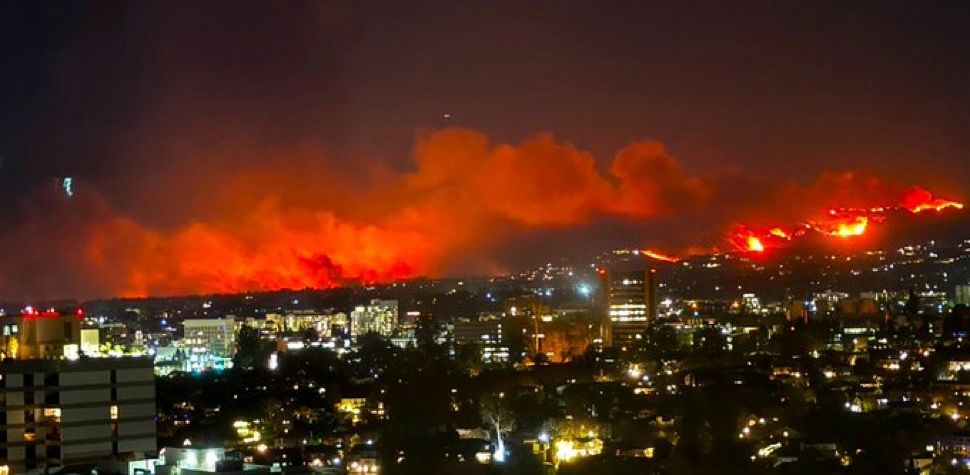
$1,131,794,901
That's how much Big Oil has spent over the last 30 years paying off Congress to look the other way on climate action while the planet burns.
Well, the planet is burning.
Don't let them look away.
09.01.2025 02:12 — 👍 56084 🔁 16436 💬 1175 📌 528
Gisele Pelicot is an incredible woman and a hero for her nerve in bringing all those rapists to justice and for knowing the shame does not lie worth her — bravely declining anonymity was incredible.
19.12.2024 17:24 — 👍 17049 🔁 1998 💬 195 📌 67

Fellowship Opportunity!
🌊 NOAA has announced 33 #fellowship positions to support their Climate Resilience Regional Challenge projects!
➡️Learn more and apply by Feb 28, 2025: loom.ly/EwSRTg4
04.12.2024 16:56 — 👍 15 🔁 9 💬 0 📌 0

Scientists Question the Use of “Tipping Point” Metaphor in Climate Change Discussions
Scientists Question the Use of “Tipping Point” Metaphor in Climate Change Discussions (from Rutgers Today)
04.12.2024 19:58 — 👍 11 🔁 3 💬 0 📌 0
Recently we’ve had an out pouring of papers warning of a higher-earlier likelihood of AMOC collapse. It’s due to studies now better factoring in fresh water melt from Greenland. Here’s a simplified animation on how it works & an article about a new study.
www.independent.co.uk/climate-chan...
04.12.2024 11:10 — 👍 270 🔁 125 💬 9 📌 10
Today is the day we ‘finish’ accepting apps! Then we start getting the committee machinery going! The portal will still be open (we know there are stragglers), but, after today, we are going to crack into these beauties. From what I’ve seen, you all are amazing!
20.11.2024 13:09 — 👍 6 🔁 3 💬 0 📌 0
PhD Student @ Univ. of Colorado Boulder (US) | DOE CSGF ‘25 | phenological plasticity, biostatistics, plant ecology #rstats
First generation college graduate.
http://milesalanmoore.github.io
Building the Ocean Data Platform for marine researchers and data scientists
🌐 Link: https://www.hubocean.earth/
CERN is the European laboratory for particle physics, home to the Large Hadron Collider.
linktr.ee/CERN_official
🌊 Here mainly for the blue science!
🐢🦈 MSc Biodiversity and Conservation - Community dynamics of marine megafauna @EizaguirreLab @qmulsbbs.bsky.social
👀🔬📊Open to PhD opportunities in marine ecology and conservation
The Kelp Rescue Initiative is a non-profit operating out of the Bamfield Marine Sciences Center (Bamfield, British Columbia). Our mission is to advance kelp research and restoration and restore resilient kelp forests at an ecologically meaningful scale.
Trying to find my way in this wide weird world of marine biology 🐙🧬
On the search for a PhD in marine molecular ecology/biology.
Unrestrained foodie 🥯
Evolutionary biologist at Academia Sinica, Taiwan. We study the evolutionary genomics of marine invertebrates and use sequencing approaches to explore their biodiversity. More at: https://sgel.biodiv.tw/
PhD candidate at NORCE & UiB, in Norway 🐟 Studying salmonids in hydropower altered LAKeS ⚡️
Follow our research group and university at @BergenTelemetry.bsky.social Network (www.bergentelemetry.com), and
@unibergen.bsky.social
She/her, views are my own 🪼
🦁 UNSW's official Bluesky account!
🏫 Our social media terms: unsw.to/sm
UNSW Sydney CRICOS no.00098G
Computational geographer. Associate Professor at AMU, Poznan, Poland. Co-author of http://r.geocompx.org, http://py.geocompx.org, and http://tmap.geocompx.org books. #rstats #rspatial #geocompx
https://jakubnowosad.com/
Cozy random passages from Arnold Lobel's Frog and Toad books. Posts auto-delete.
Marine Acoustic Ecology • Polar Ocean Research • Marine Mammal Research
Research Professor, CSIC, UÉ, Biogeographer seeking to understand how different facets of life distribute in space and time, and why. Viewpoints expressed here are personal.
Page managed by the Biogeography and Global Change Department/Group at the National Museum of Natural Sciences (CSIS) in Spain.
PhD | Marine Ecologist | Postdoctoral Fellow @mncn-bgcg.bsky.social | Effects of Climate Change on Biodiversity | he/ him | Dad
Marine ecologist at University College Cork 🇮🇪 Making space for nature 🐚 Historical ecology 📚LIMPETS ⚠️ Rewilding garden in West Cork 🌱🪲🌿🐞
Bigelow Laboratory for Ocean Sciences is a leader in microbial oceanography with research spanning from our home in Maine to the Arctic to the deep ocean crust. Learn more at bigelow.org.
Marine ecologist, CO-PI of BioNept @bionept.bsky.social working at Lille University (France) and Rhodes University (South Africa)
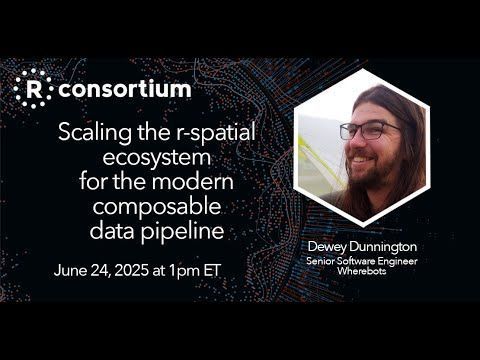
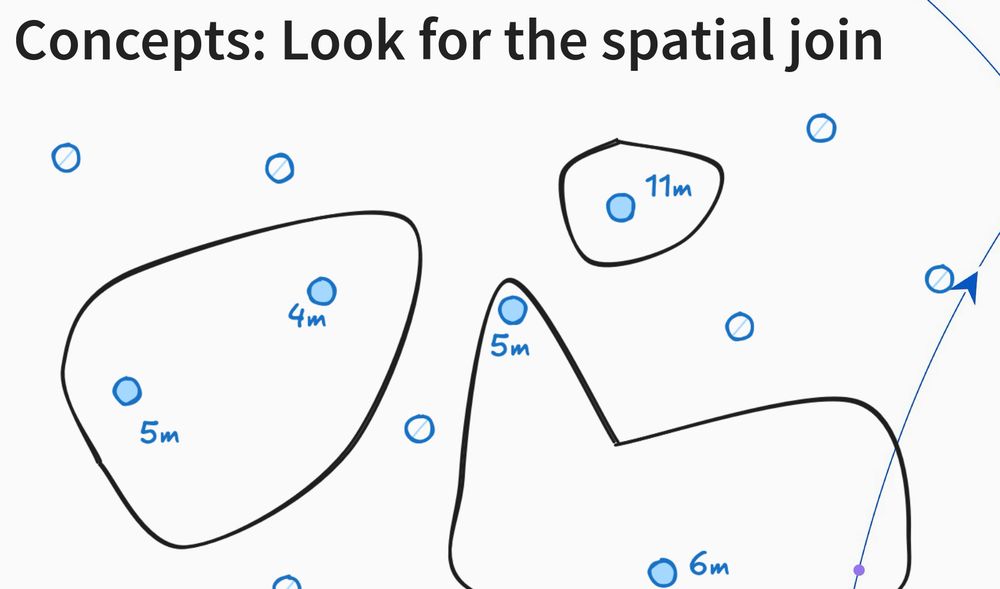
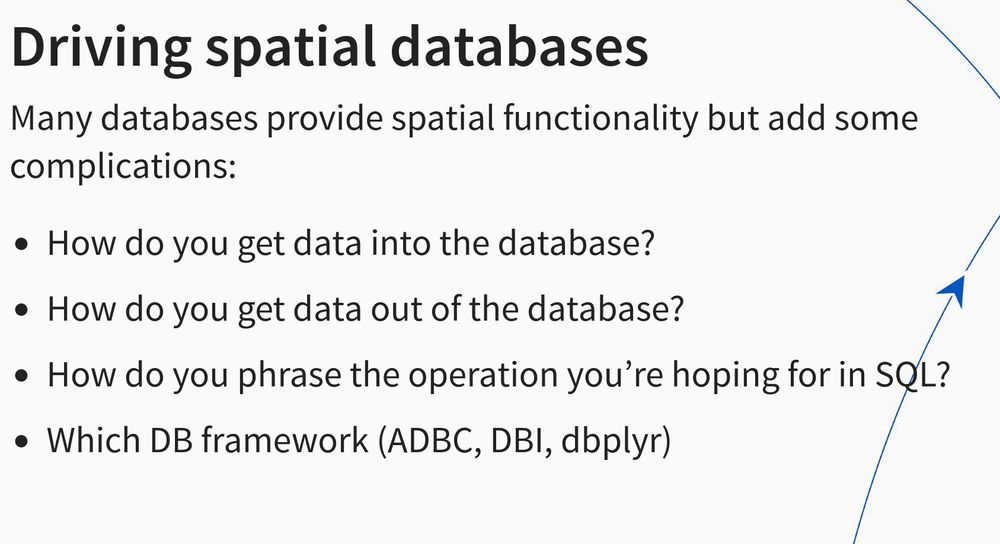
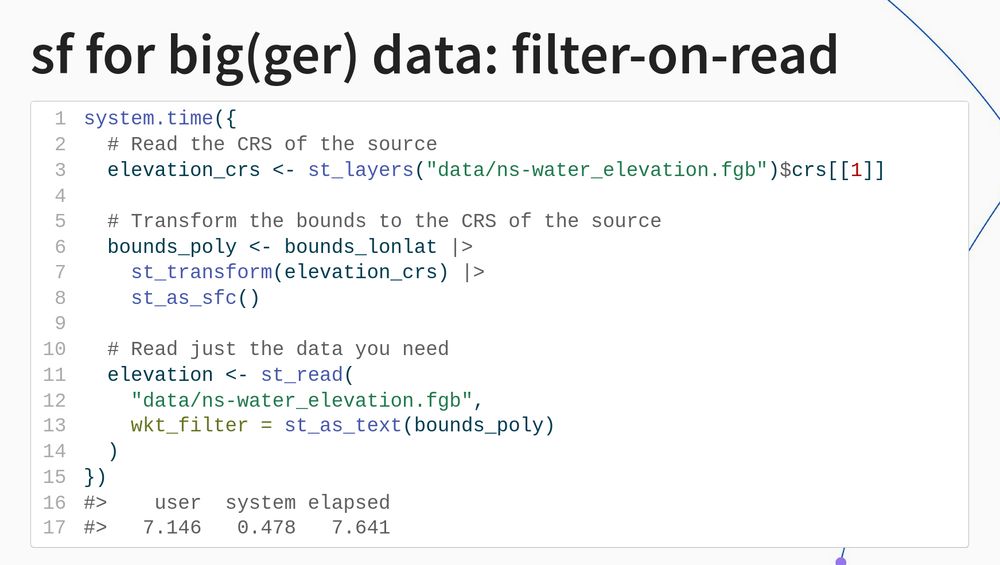






![Giant kelp. In particular, kelp forests are declining in many parts of the northeast Pacific, practically right off my doorstep where we live close to Puget Sound [Salish Sea]. "Bemmels et al. sequenced the genomes of 429 bull kelp (Nereocystis luetkeana) and 211 giant kelp (Macrocystis sp.) from the coastlines of British Columbia and Washington." They found 'low effective population size was associated with low genetic diversity and high inbreeding coefficients (including increased selfing rates), with extreme variation in these genetic health indices among bull kelp populations but more moderate variation in giant kelp.' They found fewer deleterious variants than predicted, but suspect their loss was more likely due to genetic drift rather than purging. "The researchers predict (1) reduced within-population inbreeding depression in small populations, which may be associated with an observed shift toward increased selfing rate, and (2) hybrid vigor in crosses between small populations." These findings inform several possible strategies for optimal sourcing and crossing of populations for restoration + aquaculture. Kelp have keystone ecosystem functions, but also represent a potential source of both biofuel + agricultural amendments.](https://cdn.bsky.app/img/feed_thumbnail/plain/did:plc:nnq2reoe4aaiyhhtsofqmdrz/bafkreift22uv6kwx357gnfrilfy3m3m24a4wjs4lake4kqj6mys5ow4zm4@jpeg)
 28.02.2025 19:14 — 👍 18488 🔁 4405 💬 189 📌 111
28.02.2025 19:14 — 👍 18488 🔁 4405 💬 189 📌 111

 31.01.2025 20:48 — 👍 29822 🔁 4835 💬 212 📌 122
31.01.2025 20:48 — 👍 29822 🔁 4835 💬 212 📌 122









